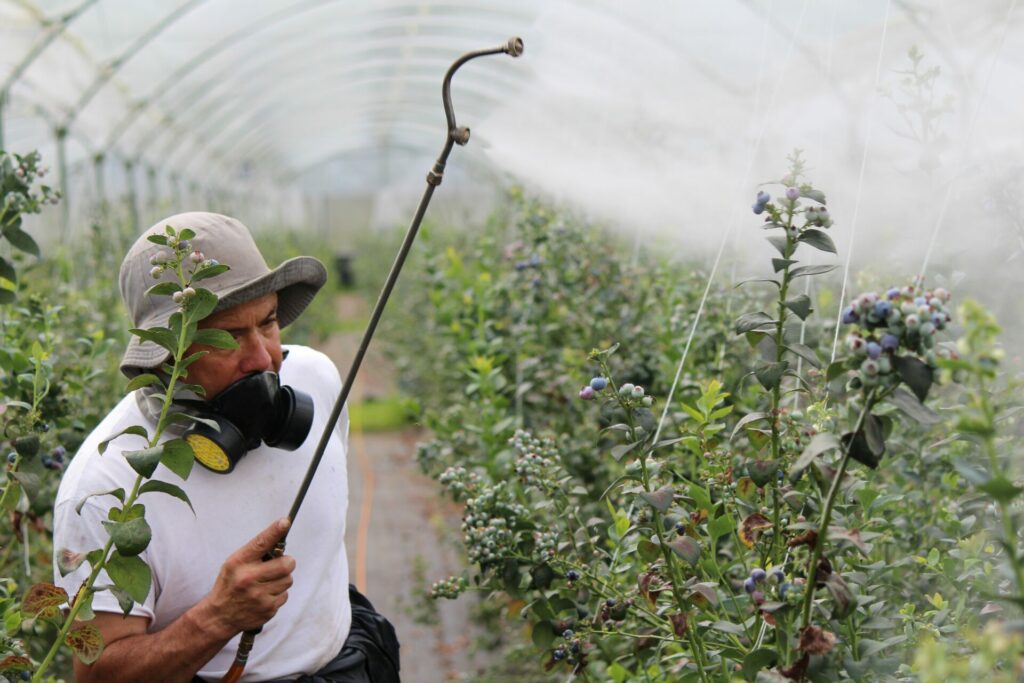Belgium is currently exporting huge quantities of pesticides that are banned within the European Union to the rest of the world, RTBF and Le Vif report.
According to a recent study by 6 NGOs (SOS Faim, Broederlijk Delen, FIAN, Iles de Paix, Viva Salud and Entraide et Fraternité), between 2013 and 2020 Belgium exported 50,000 tonnes of pesticides prohibited for agricultural use in Europe to more than 70 countries: an average of 6,250 tonnes each year.
"These massive exports make Belgium one of the most important exporting countries of banned pesticides at the European level," the study noted. "The boomerang effect on European citizens is not negligible. Some of the pesticides exported by Belgium end up on our plates, which highlights the stupidity of continuing these exports and the need to act."
It added: "Contrary to the international commitments made by our leaders, this trade also harms Belgium's credibility on sustainability and the agro-ecological transition."
'Ethically and morally unbearable'
Belplant (the Belgian-Luxembourg pesticide trade association) argues that banning the export of such products would do little to address their use by non-EU countries: "We understand the concerns about the possible risks associated with plant protection products but an export ban will not eliminate the need for certain types of products."
Moreover, with almost 5,000 Belgians employed directly or indirectly by the pesticide industry, Belplant argues that an export ban could lead to heavy job losses: "An export ban could also lead to a complete relocation of production sites and their related services." The association believes that this will simply displace the problem beyond EU regulatory frameworks.
Yet FIAN (one of the six NGOs which contributed to the report) dismissed this as "job blackmail" and noted that "a similar [ban] in France demonstrated that the industry did not collapse, it even deliberately lied to prevent the vote on such a measure."
Related News
- Belgium wants to end export of banned pesticides
- European Commission sets lower limit for neonicotinoids in foods
Despite Belplant's best efforts, an export ban might well be imminent. Last December, Belgian Minister of the Environment Zakia Khattabi explicitly condemned such exports as "ethically and morally unbearable".
"If these products are banned for use on European soil, it is inconceivable that we will continue to export them outside our borders," Khatabbi said. "These dangerous pesticides cause severe damage not just to human health, but also to environmental health."

